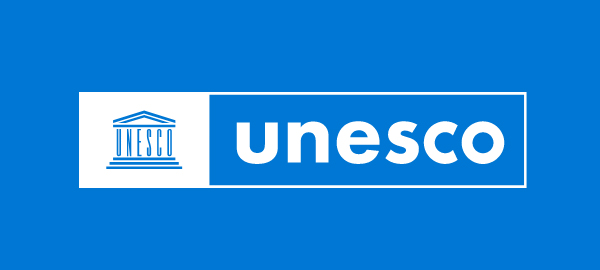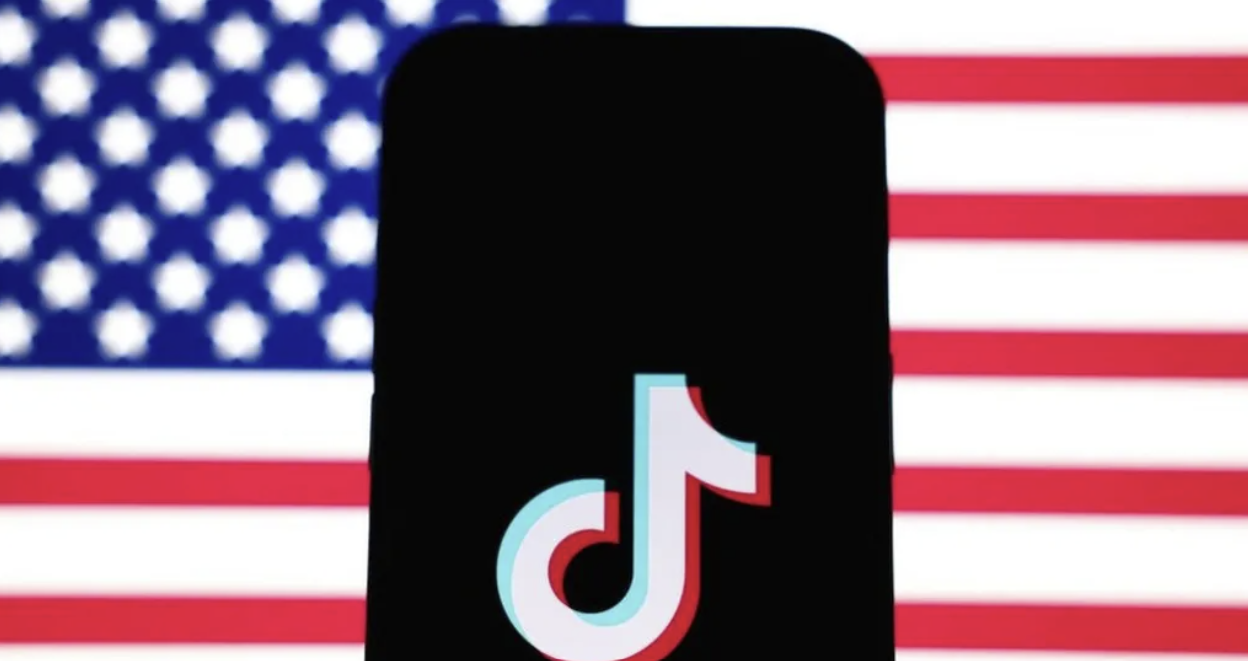US President Donald Trump has announced a 90-day extension for TikTok’s Chinese parent company, ByteDance, to secure a US buyer, effectively postponing a nationwide ban of the popular video-sharing app. The move comes in the wake of a bipartisan law passed in 2024, requiring the platform to be sold to a non-Chinese entity due to national security concerns.
Trump is expected to formalise this decision with an executive order later this week, ensuring the platform remains available to its approximately 170 million American users. White House Press Secretary Karoline Leavitt emphasised that Trump is determined to keep TikTok operational, stating that the president ‘does not want TikTok to go dark.’
The latest extension follows a series of delays since Trump returned to office, including an initial 75-day grace period granted in January and an extension in April when no buyer had emerged. The situation remains unresolved despite optimism from Vice President JD Vance earlier this year that a deal would materialise in time.
President Trump has acknowledged that any sale would likely require Chinese government approval but expressed confidence in reaching a solution, citing a potentially cooperative stance from President Xi Jinping.
Interestingly, while Trump previously sought to ban TikTok during his first term, citing national security risks, he now appears to be more pragmatic. The president himself joined TikTok as a user just over a year ago, underscoring the app’s enduring popularity and the complex political and economic dynamics surrounding its future in the US.
Would you like to learn more about AI, tech and digital diplomacy? If so, ask our Diplo chatbot!






























